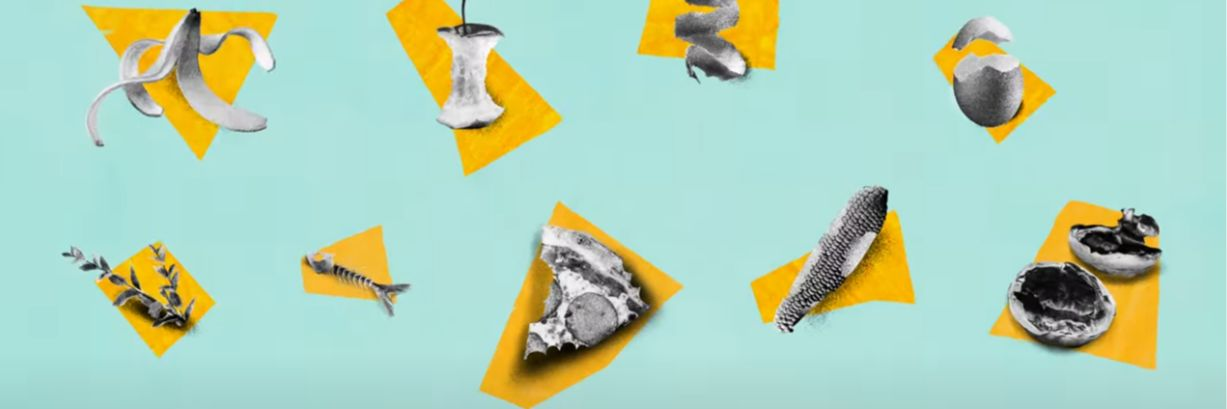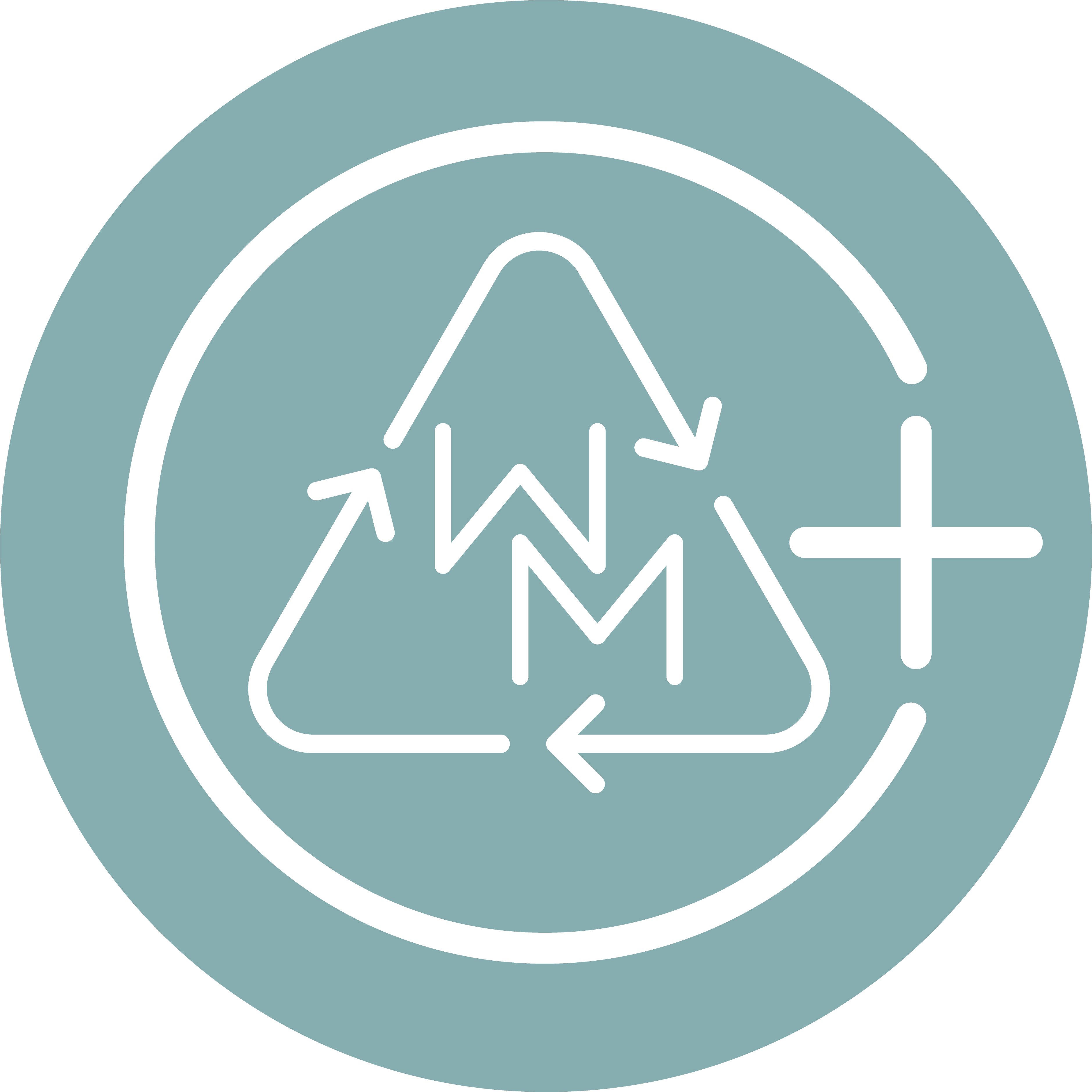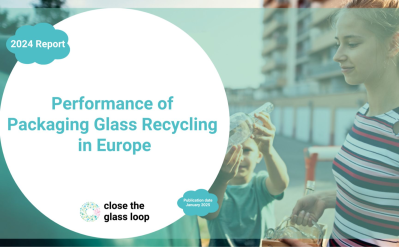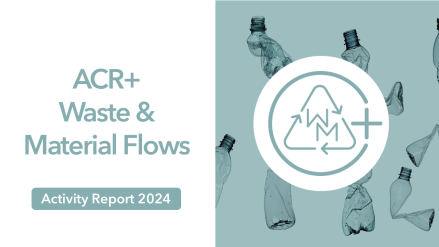News

New guidance on strengthening bio-waste management
11 February 2025
Waste and Material Flows, ACR+ News

A newly released guidance document from the LIFE BIOBEST project highlights the urgent need for legally binding targets for the amount of bio-waste found in mixed/residual waste, quality of bio-waste entering the recycling process and reduction of residual waste generation. The report "Comprehensive Guidance for Effective Bio-Waste Management in the EU", outlines key policy recommendations, focusing on boosting separate collection and recycling models, ensuring a reliable market for compost and digestate, and enhancing monitoring and enforcement. With 74% of kitchen waste in the EU still ending up in landfills or incinerators, the report stresses the importance of closing the gap between current practices and potential capture rates through economic incentives and stricter regulations.
This guidance supports the obligations set out in the Waste Framework Directive (WFD) while calling for stronger EU policies to enhance bio-waste collection and recycling efficiency. Recommendations include setting impurity thresholds, introducing residual waste reduction targets, and implementing standardised monitoring methodologies. The LIFE BIOBEST consortium urges the EU to integrate these measures into future revisions of the WFD, aligning them with the proposed Circular Economy Act.
The full report is available here along with a summary video presenting the key recommendations is available with subtitles in 11 EU languages.












